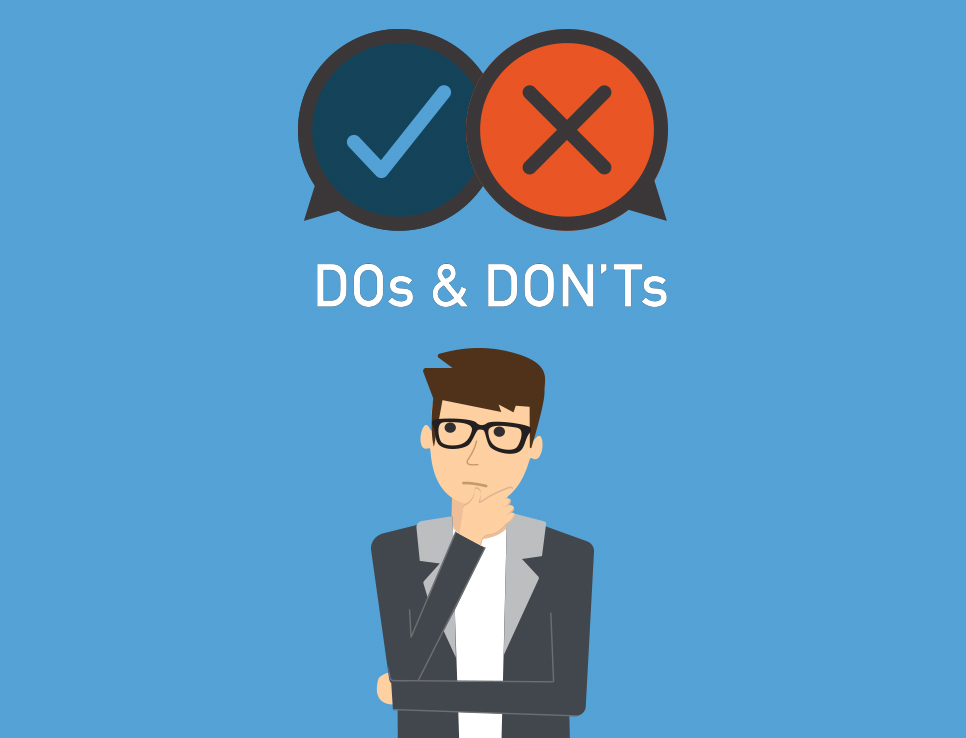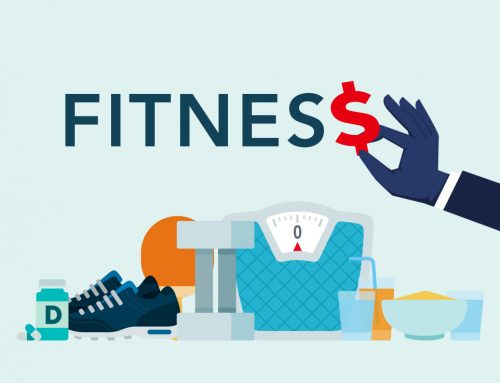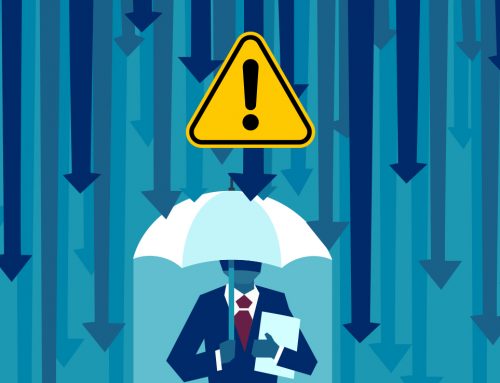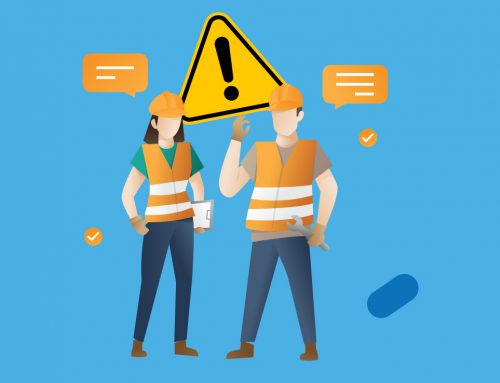Letter writing is an important part of the debt collections process, however, there are extensive laws that govern how it is conducted.
Remember the old days of letter writing? If you’re engaged in debt collection, letter writing isn’t a lost art; it’s something that’s still part of the normal customer engagement process.
Here’s what’s tricky: What you say and how you say it in debt collection letters is highly regulated by state and federal compliance rules. One wrong move and you could be slapped with fines.
This post talks about the advantages gained when effective debt collection letters are included as part of the debt recovery process. But what should a debt collection letter say? How soon and how often should the letters be sent? What should always be part of the debt collection process and what should be avoided?
Following the Rules of Debt Collection
Debt collection letters are just another tricky conundrum in the field of debt recovery. How can you balance getting back what’s owed against following compliance rules while still maintaining customer goodwill?
Believe it or not, you can achieve all three.
Balancing fairness, compliance, collections, and the customer experience can all be achieved under the law.
To achieve the balance you need, you first have to understand the rules spelled out in The Fair Debt Collection Practices Act (FDCPA). This law, as enforced by the Federal Trade Commission (FTC) requires debt collection agencies to follow guidelines for all of their activities, not just debt collection letters. There are rules that protect consumers from harassment, which includes phone calls and text messages, as well as collection letters. Some of the rules state…
- Debt collection must not falsify any information on the letters.
- The letter must have the name of the creditor or lending company.
- The amount owed must be spelled out.
- That the consumer can dispute what is owed.
However, the interpretation of these kinds of rules is constantly changing. For example, Inside Arm reported about a recent court case involving a lawsuit by a consumer-aimed at Barclays Bank, whose debt collection letters failed to tell her that interest was accruing on her past due balance.
In another case, the debt collection firm did provide the debtor with language that informed them the debt could continue to accrue interest. But the person sued anyway, and while the debt collection agency and their client won in an appellate ruling, appeals are pending.
Not only is it important to follow guidelines regarding what is and is not stated in collection efforts, you should also know that too many calls or letters can be considered harassment. For instance, daily phone calls or text messages would be considered an intrusion, and similarly, too frequent collection letters can harass consumers.
So, in addition to being one of the most regulated of industries, debt collection is also an area of compliance with grey areas in the laws that are continually being tested.
What’s the Right Formula for Debt Collection Letters?
Rocket Receivables has a compliant, affordable solution for your debt collection letters and the process of collecting accounts receivables. Rocket Receivables’ letter series is 1 letter every 14 days. This cadence keeps the consumer engaged, but it is not excessive. This process is not only an effective collection strategy, because it is respectful of the client, the business-client relationship can be maintained.
Keeping track of the myriad details through smart computer automation will help your company stay on top of the latest changes to compliance rules, while also being careful to manage to the customer experience so your reputation isn’t damaged.
Our business is to stay on top of the latest interpretations in debt collections compliance laws while organizing your debt collections process to keep you legal while improving your bottom line. Sign up with Rocket Receivables and let us navigate the complicated compliance and legal landscape.
If you are ever stuck in a debt that you can’t escape get help from Refresh Debt Solutions.






